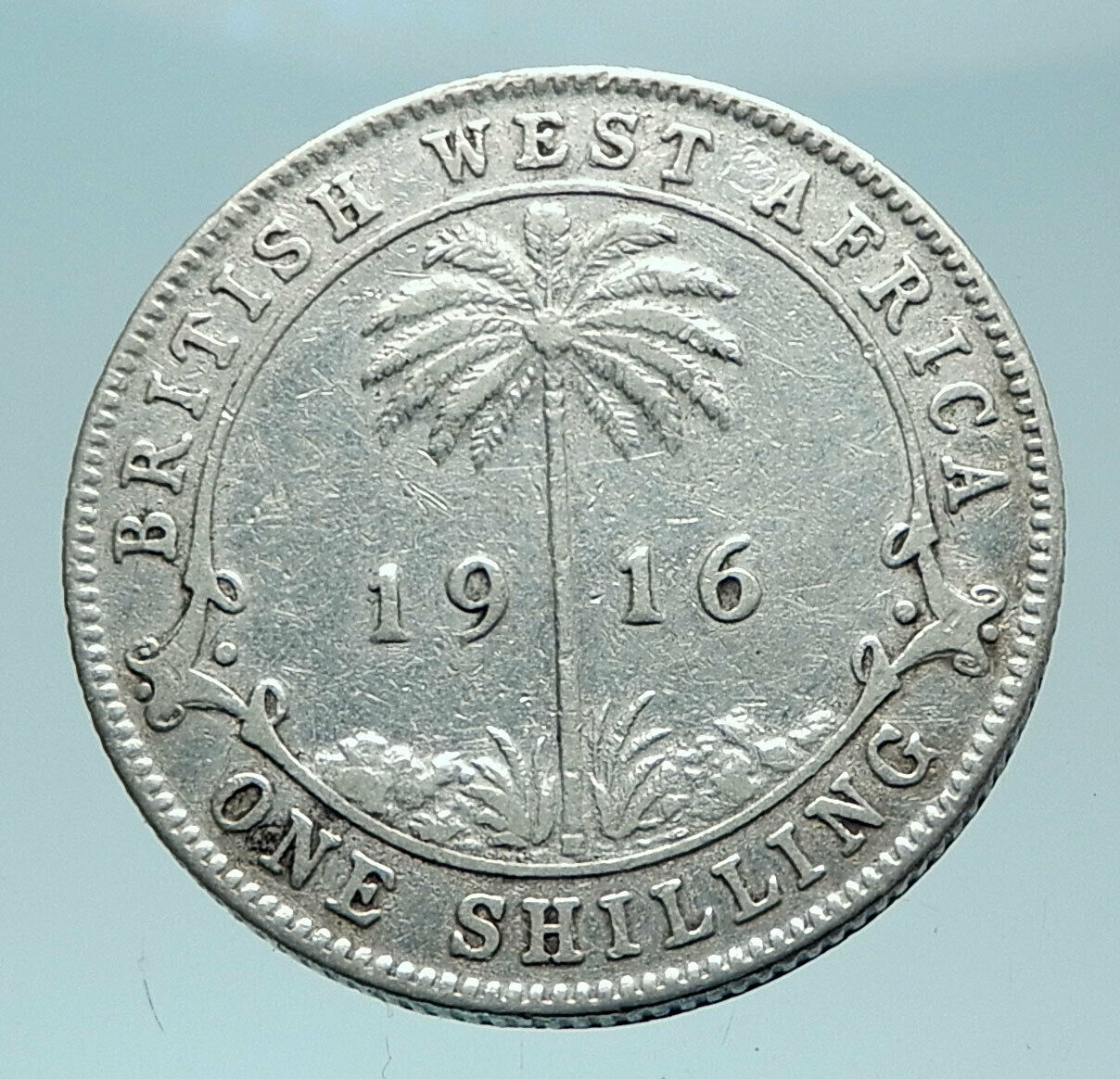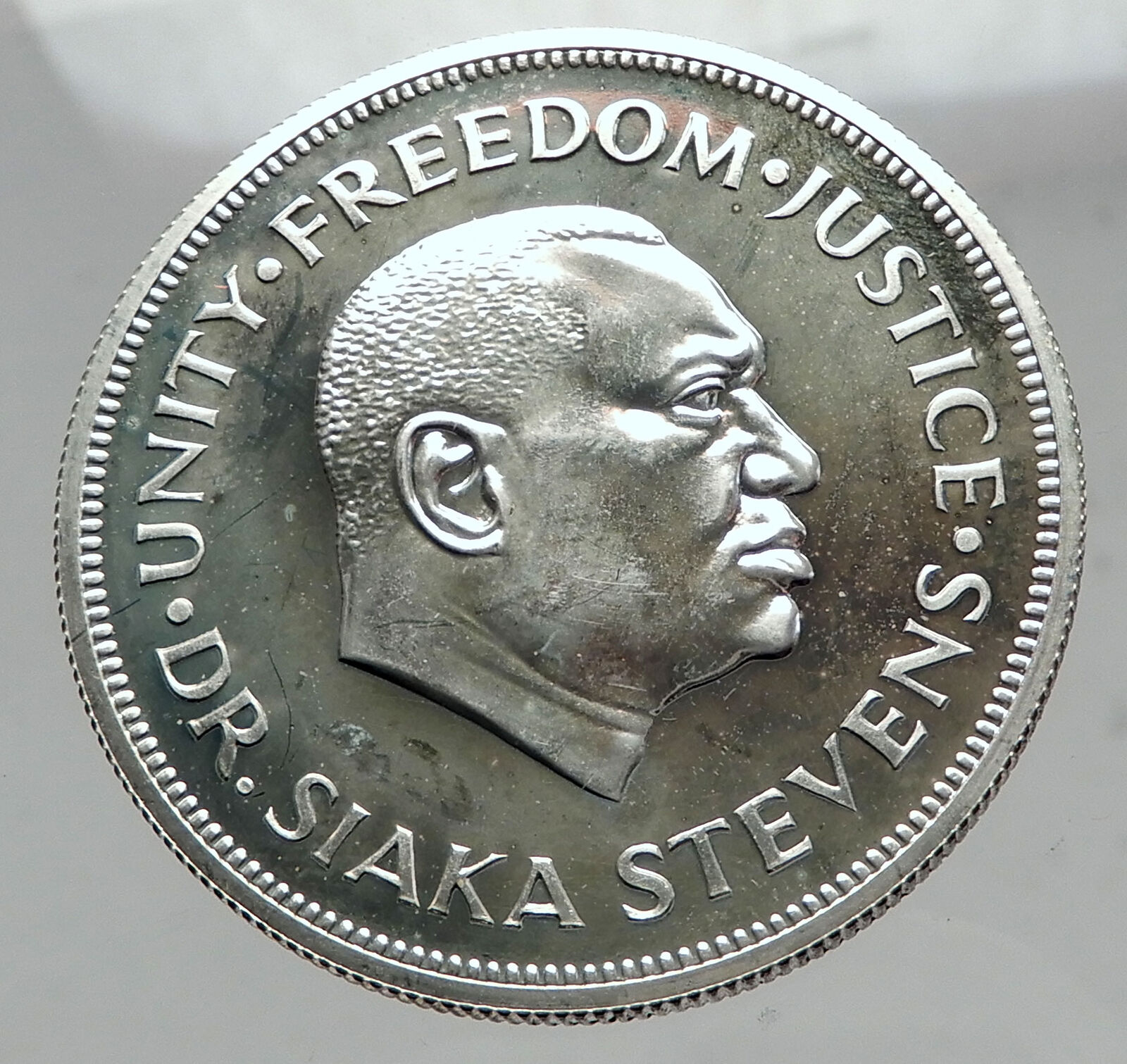|
Zambia – under Kenneth Kaunda – President: 24 October 1964 – 2 November 1991
International Year of the Child
1980 Proof Silver 10 Kwacha 40mm (26.96 grams) 0.925 Silver (0.8095 oz. ASW)
Reference: KM# 21
ZAMBIA 1980, Kenneth Kaunda, president of Zambia facing right, date below.
KWACHA 10 INTERNATIONAL YEAR OF THE CHILD, Three children playing on a playground, value above.
You are bidding on the exact item pictured, provided with a Certificate of Authenticity and Lifetime Guarantee of Authenticity.
 UNESCO proclaimed 1979 as the International Year of the Child. The proclamation was signed on January 1, 1979, by United Nations Secretary General Kurt Waldheim. A follow-up to the 1959 Declaration of the Rights of the Child, the proclamation was intended to draw attention to problems that affected children throughout the world, including malnutrition and lack of access to education. Many of these efforts resulted in the Convention on the Rights of the Child in 1989. UNESCO proclaimed 1979 as the International Year of the Child. The proclamation was signed on January 1, 1979, by United Nations Secretary General Kurt Waldheim. A follow-up to the 1959 Declaration of the Rights of the Child, the proclamation was intended to draw attention to problems that affected children throughout the world, including malnutrition and lack of access to education. Many of these efforts resulted in the Convention on the Rights of the Child in 1989.
Numerous events took place within the UN and in member countries to mark the event, including the Music for UNICEF Concert, held at the UN General Assembly on January 9. WBZ-TV 4 in Boston, Massachusetts, along with the four other Group W stations, hosted and broadcast a celebratory festival, “Kidsfair” (usually held around Labor Day ever since) from Boston Common. A film festival showcasing international cartoon and film shorts focusing on children was held at the United Nations building in New York City on December 1, 1979. Canadian animator/director Eugene Fedorenko created a film for the National Film Board of Canada, called Every Child, which centered on a nameless baby who nobody wants because they are too busy with their own concerns. This was used to explain how every child is entitled to a home. Sound effects were created with the voices of Les Mimes Electriques.
.svg/250px-Zambia_(orthographic_projection).svg.png)

Zambia, officially the Republic of Zambia, is a landlocked country in Southern Africa, neighbouring the Democratic Republic of the Congo to the north, Tanzania to the north-east, Malawi to the east, Mozambique, Zimbabwe, Botswana and Namibia to the south, and Angola to the west. The capital city is Lusaka, in the south-central part of Zambia. The population is concentrated mainly around Lusaka in the south and the Copperbelt Province to the northwest, the core economic hubs of the country.
Originally inhabited by Khoisan peoples, the region was affected by the Bantu expansion of the thirteenth century. After visits by European explorers in the eighteenth century, the region became the British protectorates of Barotziland-North-Western Rhodesia and North-Eastern Rhodesia towards the end of the nineteenth century. These were merged in 1911 to form Northern Rhodesia. For most of the colonial period, Zambia was governed by an administration appointed from London with the advice of the British South Africa Company.

On 24 October 1964, Zambia became independent of the United Kingdom and prime minister Kenneth Kaunda became the inaugural president. Kaunda’s socialist United National Independence Party (UNIP) maintained power from 1964 until 1991. Kaunda played a key role in regional diplomacy, cooperating closely with the United States in search of solutions to conflicts in Rhodesia (Zimbabwe), Angola, and Namibia. From 1972 to 1991 Zambia was a one-party state with the UNIP as the sole legal political party under the motto “One Zambia, One Nation”. Kaunda was succeeded by Frederick Chiluba of the social-democratic Movement for Multi-Party Democracy in 1991, beginning a period of social-economic growth and government decentralisation. Levy Mwanawasa, Chiluba’s chosen successor, presided over Zambia from January 2002 until his death in August 2008, and is credited with campaigns to reduce corruption and increase the standard of living. After Mwanawasa’s death, Rupiah Banda presided as Acting President before being elected President in 2008. Holding office for only three years, Banda stepped down after his defeat in the 2011 elections by Patriotic Front party leader Michael Sata. Sata died on 28 October 2014, the second Zambian president to die in office. Guy Scott served briefly as interim president until new elections were held on 20 January 2015, in which Edgar Lungu was elected as the sixth President.
In 2010, the World Bank named Zambia one of the world’s fastest economically reformed countries. The Common Market for Eastern and Southern Africa (COMESA) is headquartered in Lusaka.
|





 UNESCO proclaimed 1979 as the International Year of the Child. The proclamation was signed on January 1, 1979, by United Nations Secretary General Kurt Waldheim. A follow-up to the 1959 Declaration of the Rights of the Child, the proclamation was intended to draw attention to problems that affected children throughout the world, including malnutrition and lack of access to education. Many of these efforts resulted in the Convention on the Rights of the Child in 1989.
UNESCO proclaimed 1979 as the International Year of the Child. The proclamation was signed on January 1, 1979, by United Nations Secretary General Kurt Waldheim. A follow-up to the 1959 Declaration of the Rights of the Child, the proclamation was intended to draw attention to problems that affected children throughout the world, including malnutrition and lack of access to education. Many of these efforts resulted in the Convention on the Rights of the Child in 1989. .svg/250px-Zambia_(orthographic_projection).svg.png)







